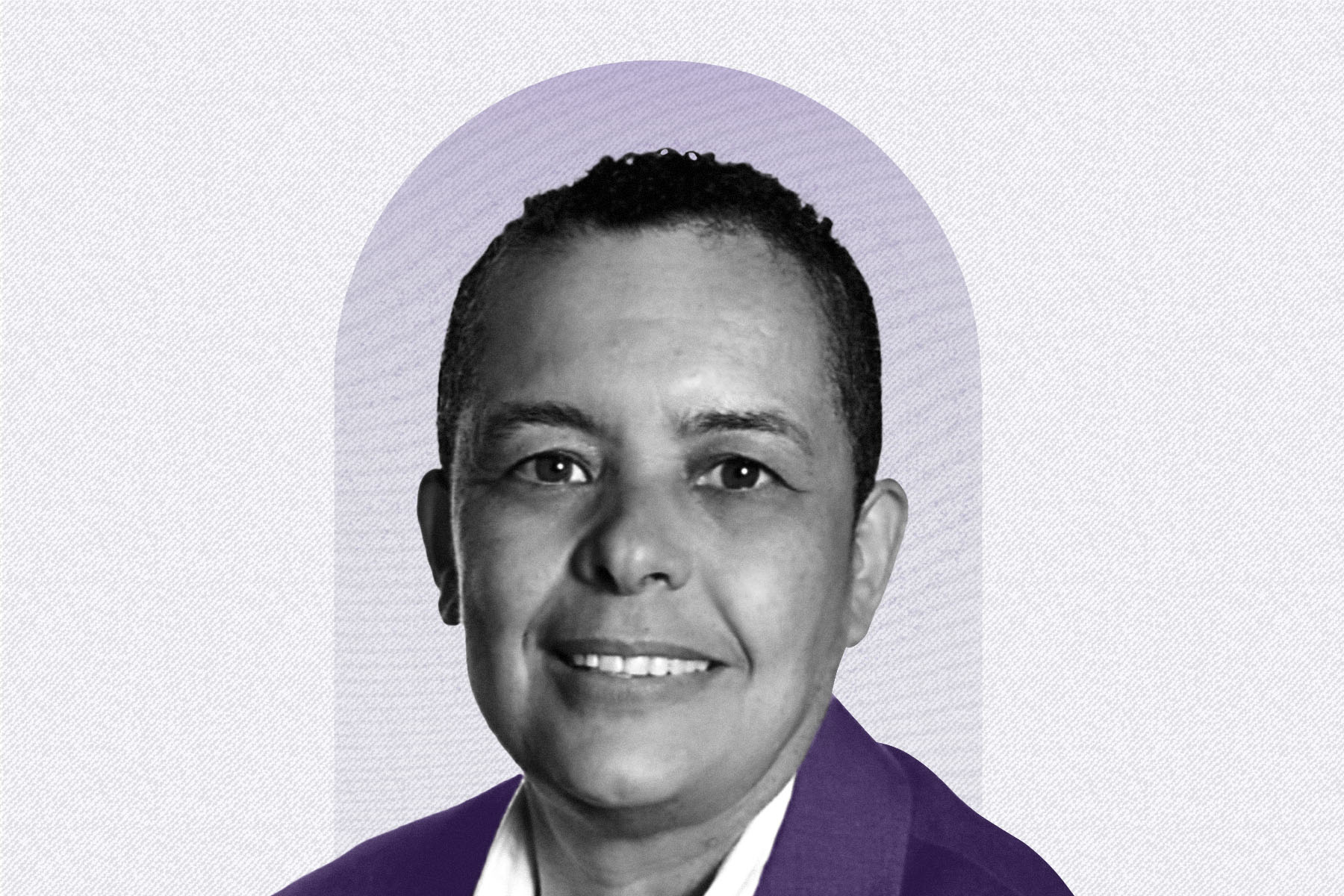The World Professional Association for Transgender Health (WPATH) sets global standards for doctors and nurses providing health care to transgender patients, especially for gender-affirming care. As that care has become increasingly politicized and banned across the United States, the organization’s work has become more fraught. Updating medical standards is slow and winding work, in which gaps in research are par for the course. But in the current political environment, far-right figures and opponents of gender-affirming care are ready to seize on any perceived misstep or discrepancy as reason to ban the care entirely.
Meanwhile, the health of transgender Americans depends on medical experts having the ability — and freedom — to research how basic aspects of primary care need to change to support patients receiving gender-affirming care. So much preventive health care is designed for cisgender people, and experts in gender-affirming care want to help fill in these crucial gaps.
Ahead of a second Trump administration that is expected to enact extreme anti-LGBTQ+ policies, crack down on gender-affirming care and enact discriminatory policies against transgender Americans, The 19th conducted an exclusive interview with the organization’s new president, Dr. Asa Radix, who has worked in trans health care for several decades. They will serve in the role for two years.
This interview has been edited for length and clarity.
The future of gender-affirming care access in this country is going to be impacted by a second Trump administration. What influence could this incoming president have over WPATH and the work of its members?
I think the issue is really pertaining to our ability to provide high-quality care to people, and that can happen in a number of ways. It can happen if the care we provide is not funded. As clinicians, obviously, we see clients, and people have health issues. They need screenings. Those visits, where we check on cancer screenings, all of those things will continue. However, if we see someone and we prescribe hormones, it’s possible that their insurance will no longer pay for the hormones. Because it could be that Medicaid and Medicare will no longer pay for those. And where Medicare and Medicare go, commercial insurances are quick to follow, right? So it’s quite possible that care will not be covered.
As clinicians, we’re in a very difficult place because we want to be able to provide care and we want to take care of people, but folks may not be able to pay for these things out of pocket. The other thing that could happen is that there could be legislation that prohibits providers from doing this care. And you know, we’ve seen this in a number of states already where providers are not allowed to provide the full spectrum of gender care for trans folks. No one wants to be in a position where they have to make a decision of, ‘do I provide care and support my patients? But on the other hand, I could lose my license or I could be prosecuted.’ I think a lot of people will unfortunately decide that they will follow the law and not provide the care, if that were to happen.
It’s going to drive a lot of the care underground, because of course it’s still going to be there. People are still going to be able to access hormones like, buy them through internet pharmacies, or get them across the border. But what they’re not going to be able to do is get the care in a health facility, which is the safest way to provide this care.
-
Read Next:
Half the country – 26 states — have banned gender-affirming care for trans youth to some degree, with lawsuits in play to halt these bans. As a result, doctors have left states and feel afraid to talk about their work publicly. Do you think these political attacks have been stunting the progression of this medical field?
The states that have shut down care have done so for many different reasons. I think the issue is that we see legislation pass and it doesn’t stop there, right? It continues and continues. Nondiscrimination legislation is withdrawn. Bathroom bills are enacted. Adult care is compromised. I don’t think that there’s an end to it, if what people are really trying to do is eliminate trans people altogether. I hope that’s not the case, but that’s what people have said.
The negative impact on people’s lives, it goes beyond whether folks can access gender-affirming care or not, whether they can get hormones or whether they can get surgeries. It goes way beyond that, because you’re basically excluding people from all health care at the end of the day. And that’s not right. This is the United States of America. We’re supposed to be better. That’s why I moved here. I mean, I think that’s why a lot of people chose to come to this country, because we were supposed to be welcomed. It is very terrifying for our clients and also the health care providers to see the direction this is taking. I’m trying to stay optimistic, and we’re also trying to figure out the best way to counsel patients.
You were co-chair for the 8th Revision of WPATH’s Standards of Care, which were released in 2022. This was the first update in 10 years, and it came at a time when gender-affirming care is perhaps more politicized, and more under a microscope, than it has ever been. What were your priorities in terms of revising these standards? And have you had concerns about how this information gets to the general public?
We were able to harness a lot more of the research into supporting some of the recommendations. For example, what to tell people about cancer screenings for people who’ve had top surgery or people who received estrogen. Clinical practice guidelines for primary care, like in the U.S. and in most countries generally, only are geared towards cisgender folk. So we have guidelines, for example, for cis women with breasts about when they should start mammography or breast screening, and how frequently that should be, but what do we tell a transgender woman who’s been on estrogen and has breasts? Do we give the same information? Do we have to change it?
A lot of it was around that type of guidance, how should we counsel someone who is starting on hormones? How should we counsel them around reproductive health, like say, someone is starting testosterone. What are we going to tell that person about their ability to get pregnant later on?
So if the research isn’t there, a group of experts sit together and come up with a solution that we think is the best. That was a lot of what we did. It was about looking for the gaps that we had seen in the standards of care and trying to answer those questions. There’s a lot on reproductive health. There’s a lot on sexual health, primary care, cardiovascular disease, different areas of medicine that we kind of take for granted. But, we don’t have all the answers for trans folk who are accessing interventions like hormones or surgeries.
The reality is that I don’t expect everyone to be an expert or a scientist or a clinician. We do need to do a better job of distilling down what we stand for and what this care is to the general public. Because they’re only hearing these little sound bites. And not just about gender-affirming care, but about all these other areas, like vaccinations, and I think people don’t know what to believe anymore.
-
Read Next:
This latest update included, for the first time, a chapter on trans adolescents receiving gender-affirming care like puberty blockers and hormone therapy. The guidelines don’t give age recommendations for these treatments, as was originally planned, and instead emphasize a case-by-case approach that relies on the readiness and maturity of the patient. What is the significance of that individual approach? Why make this change?
The discussions about that area, I’m going to have to come back to you. I’m not trying to evade it, it’s just that this area has been very contentious … I’m not an adolescent specialist. In medicine, we always use an individual approach whenever we’re providing care. That’s not anything new. It’s just in this area, I would rather not talk about it.
There’s nothing you want to say about the updates to the guidelines, for the new chapter for trans adolescents? This part of the new guidelines got extensive media coverage.
I think everything that’s there is in the document. The rationale, the methodology, everything is there. And I think we even had a statement. There are a lot of areas that got news. I think there are a lot of areas that people have spoken about. They’ve spoken about fertility issues. They’ve spoken about what happens to folks after they’ve accessed blockers, and later on, they’re thinking about surgery. All of that is actually in the document and I think it really speaks for itself.
Going back to your priorities for the new standards of care: what are some of the unknowns for trans people receiving gender-affirming care? What do we need more research on, in terms of what it looks like to be on hormone replacement therapy for 20 or 30 years?
For a very long time, federal funding has really focused on areas such as HIV, sexually transmitted infections and mental health. And there hasn’t really been enough effort into the kind of bread-and-butter primary care issues that all of us have questions about. Again, like what do we do for screening guidelines? We are working within the parameters of, okay, what are we doing for cis people and trying to make the best judgment. But we’re not going to be right 100% of the time. And I think that’s why we definitely need more research in all of these areas.
When folks go and see their medical provider, we’re not sitting there having conversations about gender at every visit. We’re having conversations about healthy diet, exercise, how to reduce cardiovascular risk. This is how we keep people healthy. And it’s very hard when we don’t have directions. Like, for example, what gender marker to use for the reference scale when we’re looking at bone density?
Trans folks need evidence-based and high-quality care for every part of themselves. We have studies that show what happens when we don’t get it right. Like people not getting access to medications that they need, like dialysis or kidney transplants. There are a whole host of things that can be impacted by not having the correct answers to these questions.







